Rabbit Insurance Comparison
Looking to insure a domestic rabbit in the UK? This guide to bunny insurance covers the basics; is it worth it, how much does it cost and what’s not covered by pet insurance for rabbits.
Just because rabbits are generally smaller than other domestic pets such as cats and dogs, doesn’t mean that it costs less to take them to the vets. Professional care and medication for rabbits can still be expensive, so if you are thinking of taking out insurance for your rabbit, it’s worth making sure you can cover any excess and look into how easy it is to make a claim and whether vets can be paid directly.
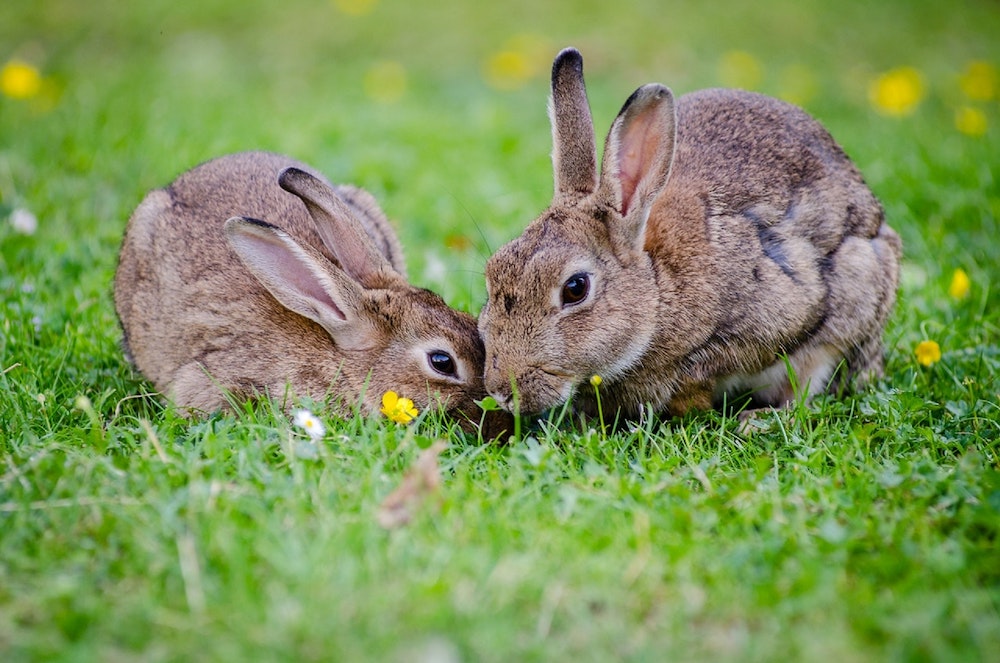
Is rabbit insurance worth it?
Pet rabbits can be subject to a range of health issues that can often be cured by vets. These can include dental problems, gastrointestinal and respiratory issues, illness, infection and discomfort caused by internal and external parasites and Flystike.
Rabbits have specific dietary needs and delicate bones. They can easily be accidentally injured by their human friends. Since veterinary care and animal medications in the UK, such as antibiotics and steroids can be expensive, many rabbit owners feel that rabbit insurance is worth it.
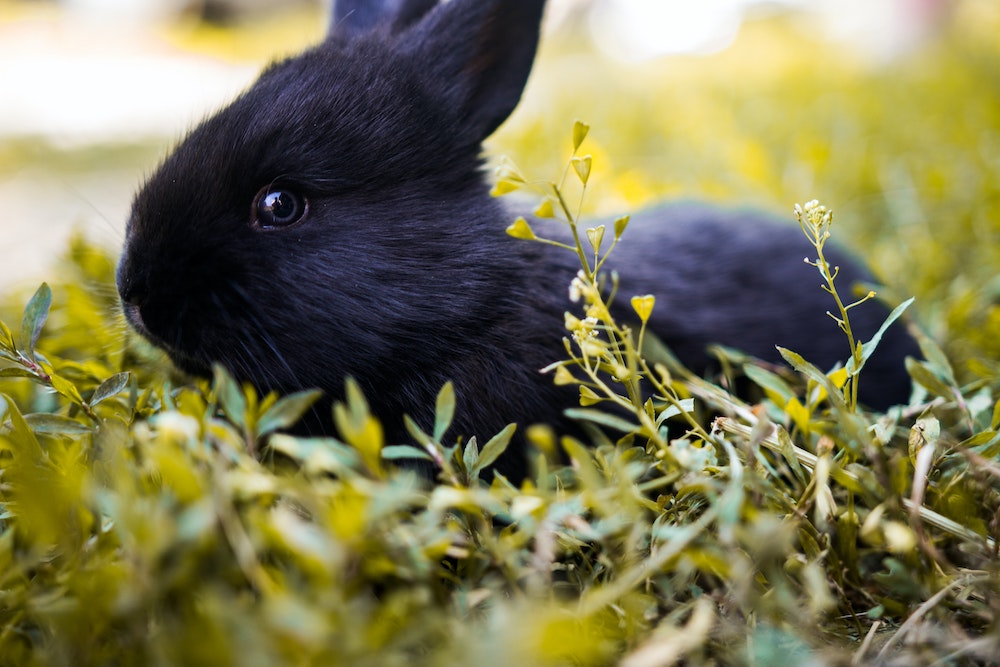
Types of rabbit insurance in the UK
The two main types of pet insurance for rabbits available in the UK are Lifetime cover and Annual cover. Both types of policy incur annual fees, however lifetime cover is rolling and so covers your pet for an agreed amount per year for as long as you keep renewing your policy. Annual cover is just as it sounds, an annual policy for a set amount of cover, that expires after 12 months.
Depending on your insurer, cover is usually available for bunnies from 6-8 weeks old. Many insurers also have a limit on the age of a rabbit they will insure, this is usually around 5 years, but varies between insurers.
The benefits of lifetime insurance for rabbits is that cover will continue regardless of your rabbit’s age or health so long as you continue paying the premiums without interruption. If you have annual cover you may find it difficult to get rabbit insurance for your pet if they develop a long term health condition (many insurers won’t insure pre-existing conditions) and once they are past a certain age.
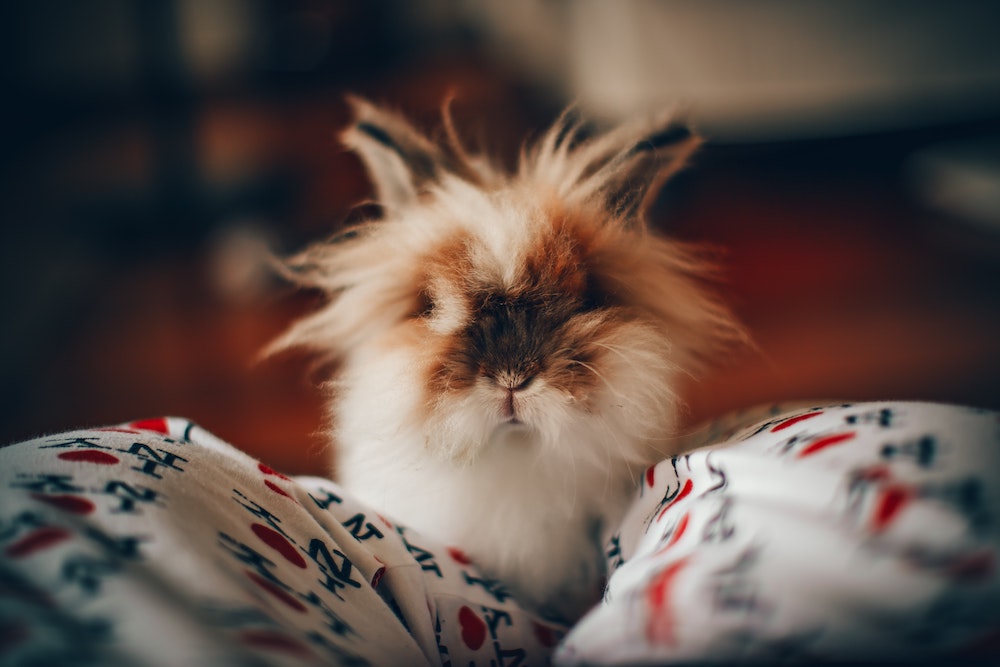
How much does rabbit insurance cost?
The cost of rabbit insurance varies depending on the type of insurance and the level of cover you take out. Other factors that affect the price include the age and health of your rabbit, with older rabbits and rabbits with pre-existing conditions being harder to insure. Also vets fees vary across the country, so where you live in the UK can also impact on the cost of rabbit insurance.
Interestingly the breed of your rabbit doesn’t greatly impact the cost of insurance, even larger breeds such as Flemish Giants or Flemish or English Lop rabbits usually cost the same to insure as the dwarf rabbit breeds like Mini Lops or Dwarf Hotots.
Ways to reduce rabbit insurance include:
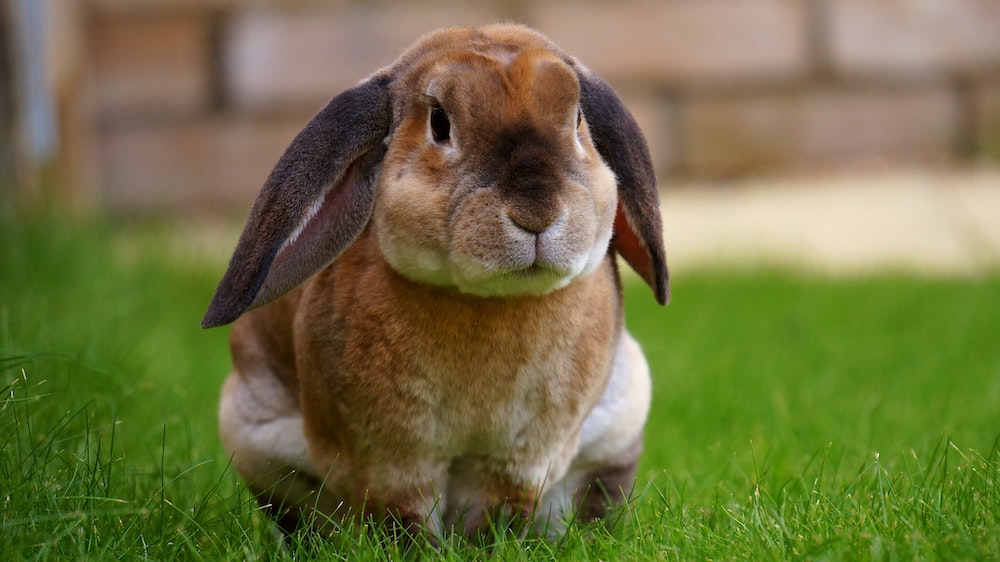
What is not covered by bunny insurance?
Rabbit pet insurance is designed to cover expected veterinary bills due to accident and illness, it does not cover standard veterinary costs that come with responsible rabbit ownership such as:
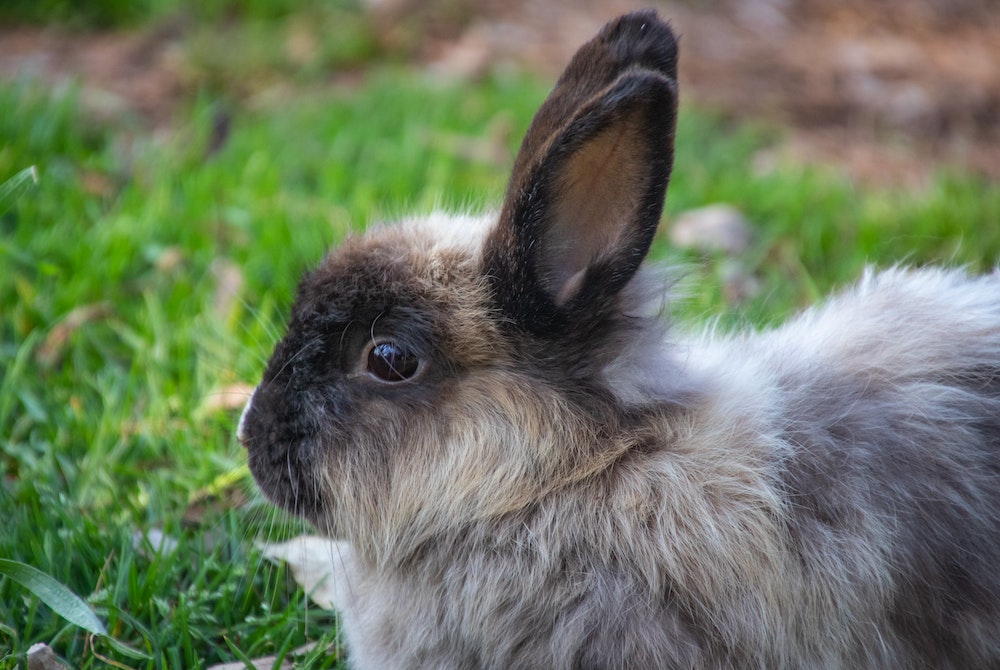
Useful FAQs
There’s no legal requirement to insure domestic rabbits in the UK, it’s purely personal choice.
Yes, it’s important to regularly vaccinate domestic rabbits since they are susceptible to serious viral conditions that can cause them severe suffering. These include Myxomatosis and Rabbit Viral Haemorrhagic Disease (VHD).
Cuteness, like beauty, is often in the eye of the beholder, but typical cute rabbit breeds tend to be the smaller, fluffier varieties such as Lionheads, English Angoras and Netherland Dwarfs.
Breeds of rabbits that usually weigh over 5kg are called giant rabbits, these include:
- French Lop
- New Zealand White
- Continental Giant
- Flemish Giant
- Belgian Hare
- English Lop
Yes. Rabbits are highly social mammals so it’s kinder to keep them in pairs to prevent them becoming lonely. In the wild rabbits live in groups called Fluffles.
This depends on the insurer. There are fors and againsts for keeping domestic rabbits inside. Although it’s not their natural habit and rabbits tend to be more comfortable in cooler conditions, house rabbits are well socialized and exposed to less risk from predators and parasites.

